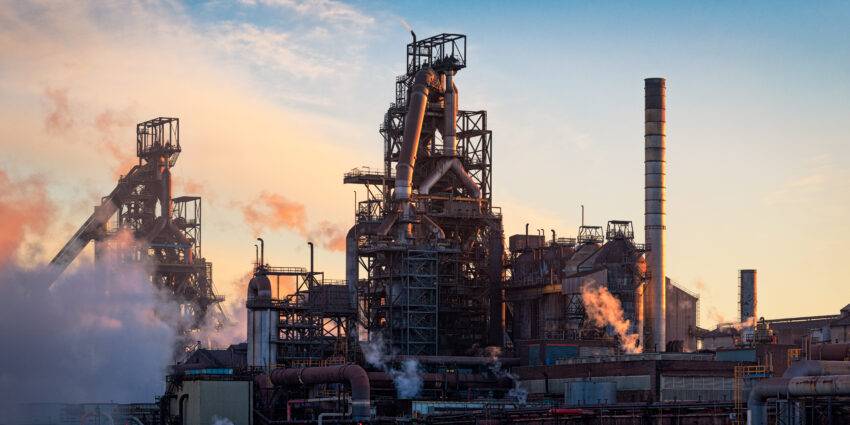In a historic move, approximately 1,500 Tata Steel workers will commence an indefinite strike next month in response to the company’s plans to cut thousands of jobs.
This will be the first strike action by UK steel workers in over 40 years, according to the trade union Unite.
The strike, set to begin on 8 July, will affect Tata Steel’s operations at the Port Talbot and Llanwern sites in Wales. This action follows Tata Steel’s announcement that it will close both blast furnaces in Port Talbot by the end of September, resulting in the loss of about 2,800 jobs.
Company and Union Responses
Tata Steel has warned that if the strike jeopardises the safety or stability of its operations, it may be forced to expedite the closure plans. The company is currently operating at a loss of £1 million per day due to the operational instability of its steelmaking apparatus.
Sharon Graham, Unite’s general secretary, stated that the workers are fighting not just for their jobs but for the future of their communities and the steel industry in Wales. She emphasised that the strikes will persist until Tata halts its “disastrous plans.”
In contrast, two other trade unions, Community and GMB, have decided to delay any industrial action until after the upcoming general election. Alun Davies, national officer for steel at Community, noted that any decision to strike would be made by their members, who represent the majority of workers affected by Tata’s plans.
Tata Steel’s Position
Tata Steel has urged Unite to suspend the strike action and return to negotiations alongside other unions. The company has also warned that it may retract the enhanced redundancy packages offered if the strike proceeds. Rajesh Nair, Tata Steel’s chief executive, stated that the “most favourable financial package” the company has ever offered would not be available if workers participated in industrial action.
The company plans to invest £1.25 billion in building an electric arc furnace, a more environmentally friendly steel production method that requires fewer workers. The UK government is contributing £500 million towards this project. Tata Steel believes this move will secure the future of steelmaking at the site.
The planned strike represents a significant moment for the UK steel industry, highlighting the ongoing tensions between workforce preservation and technological advancement in manufacturing. The outcome of this industrial action will likely have lasting implications for both Tata Steel’s operations and the broader steel community in Wales.


